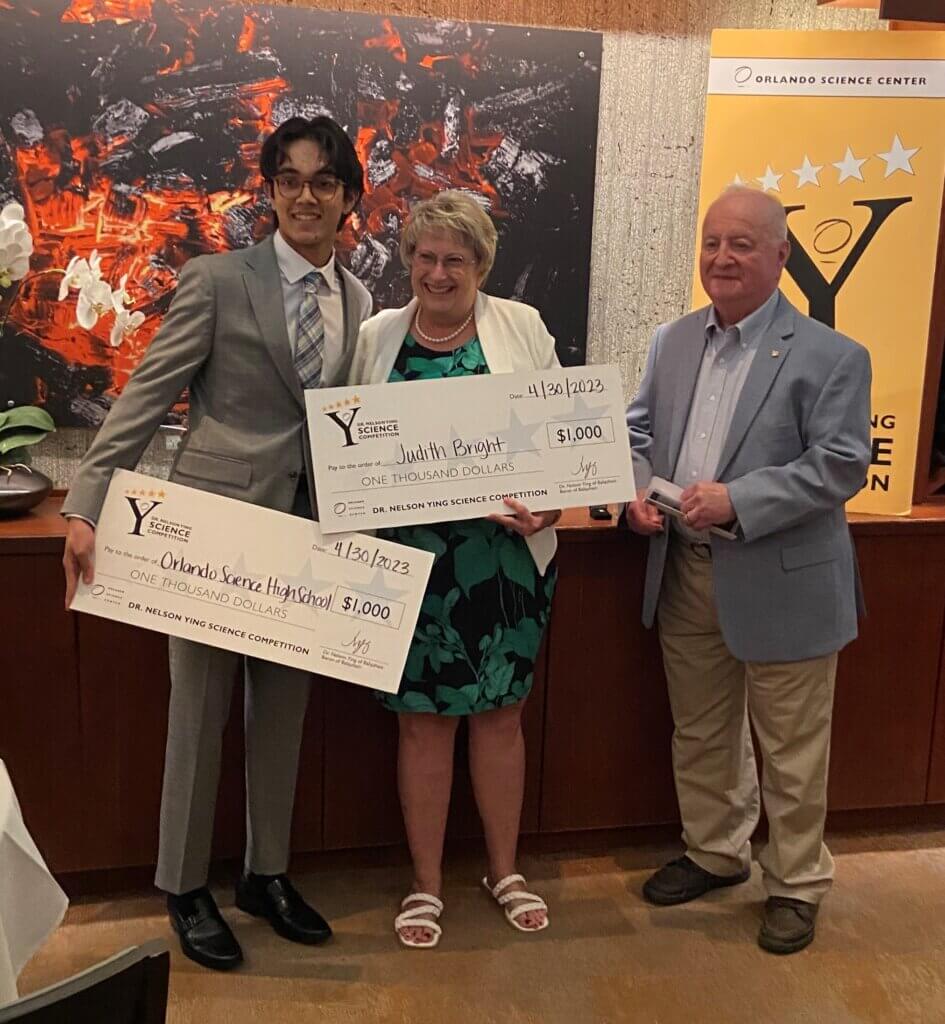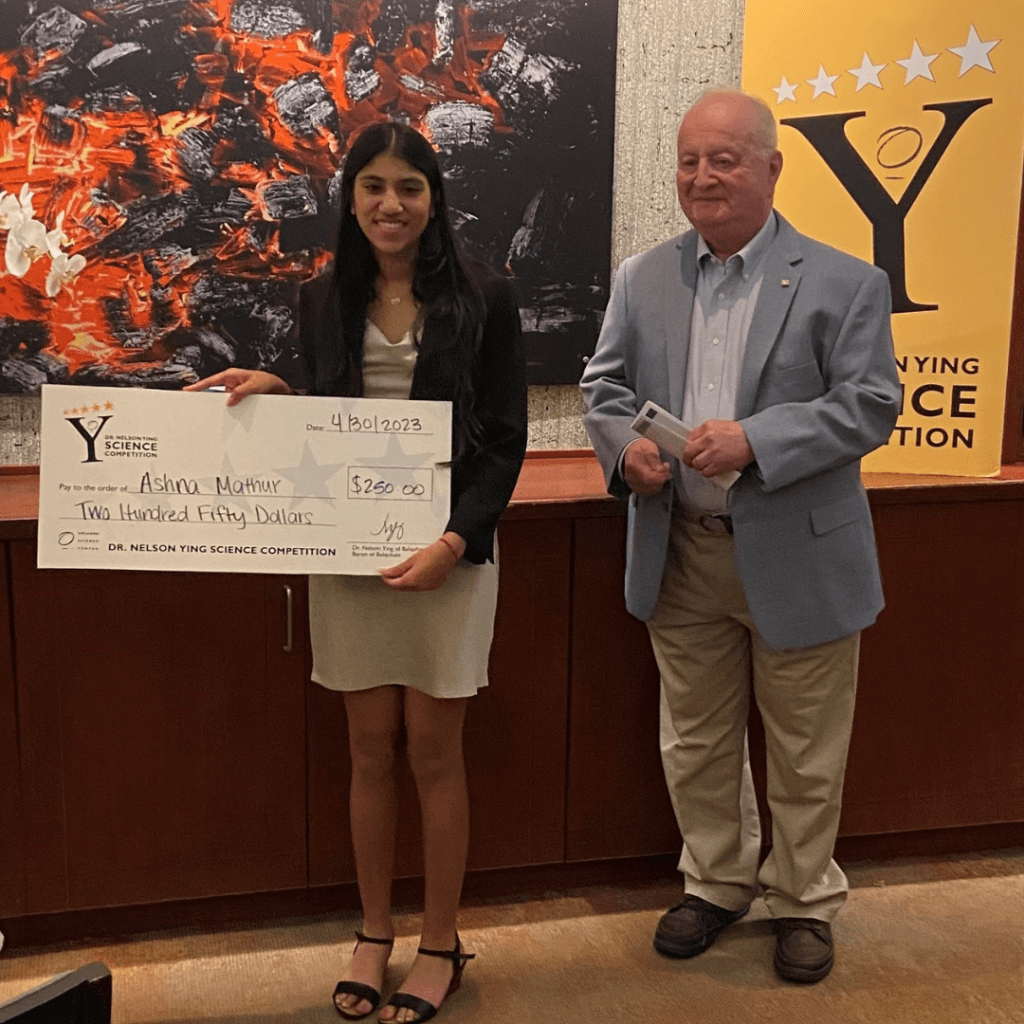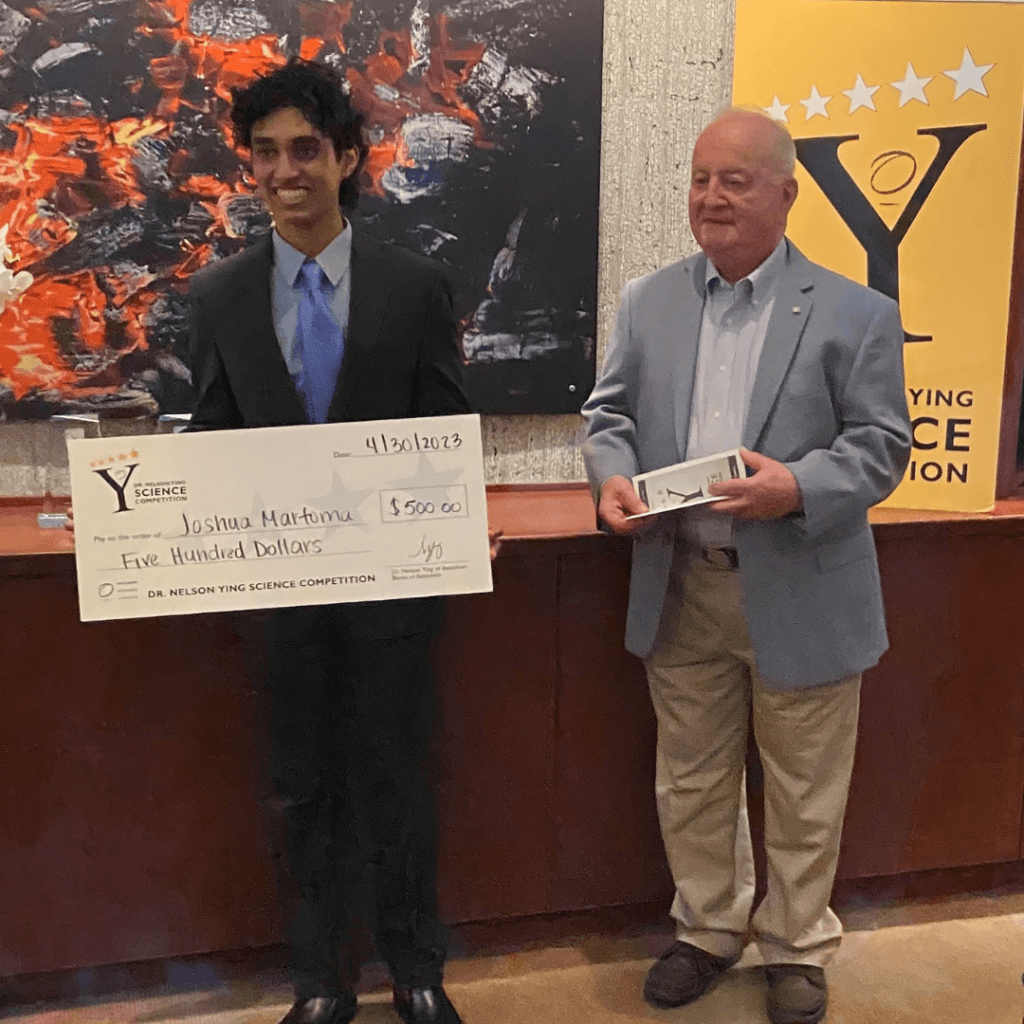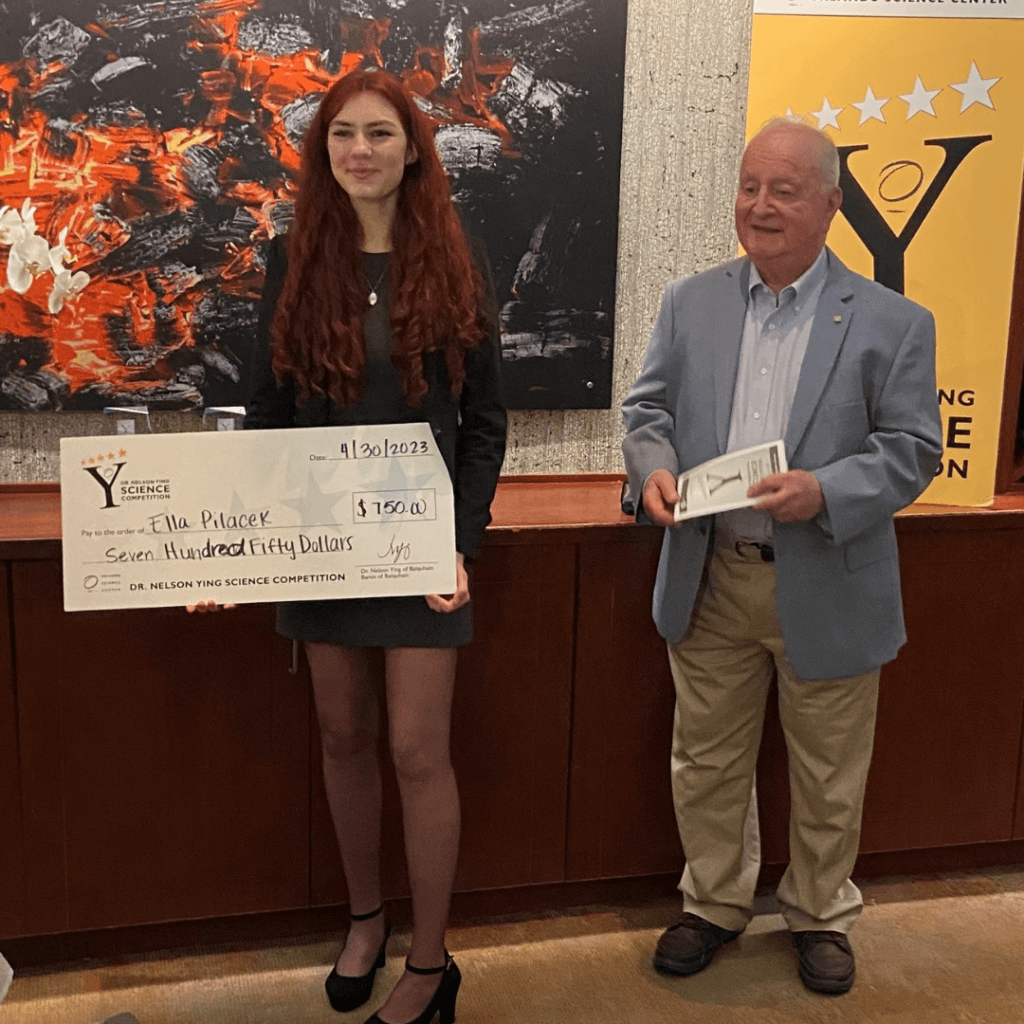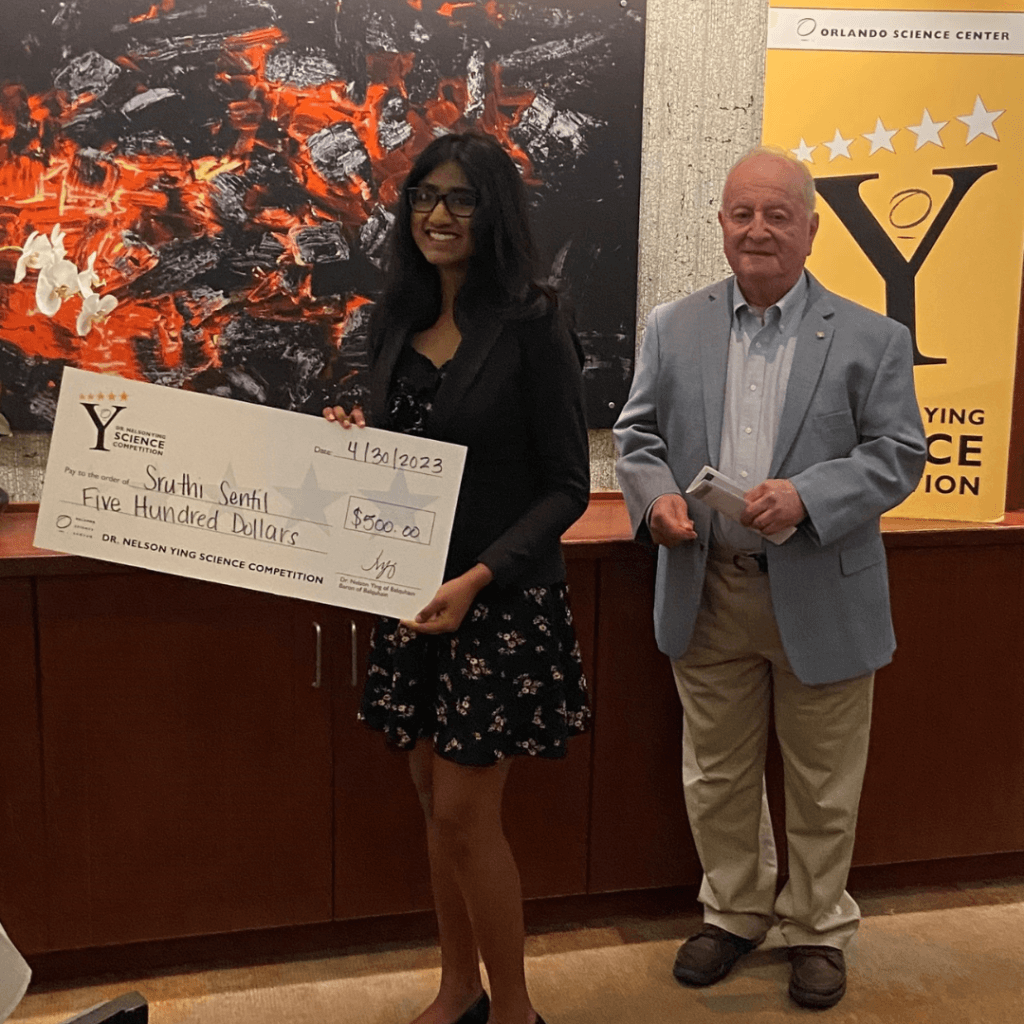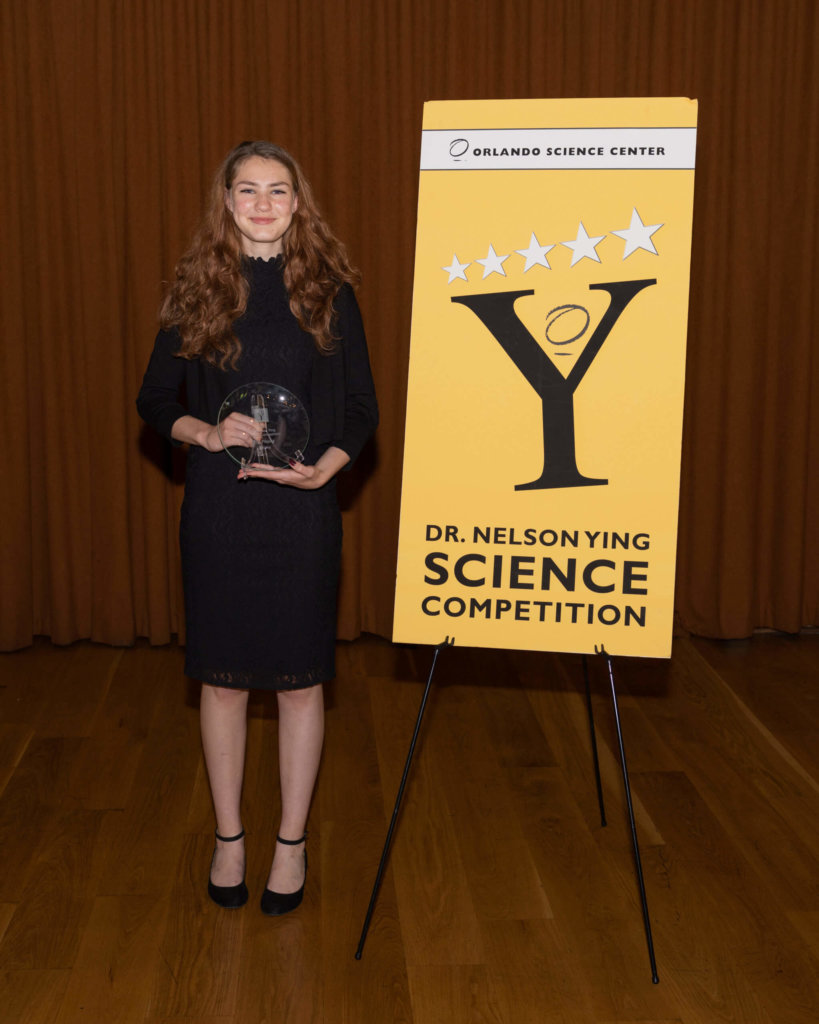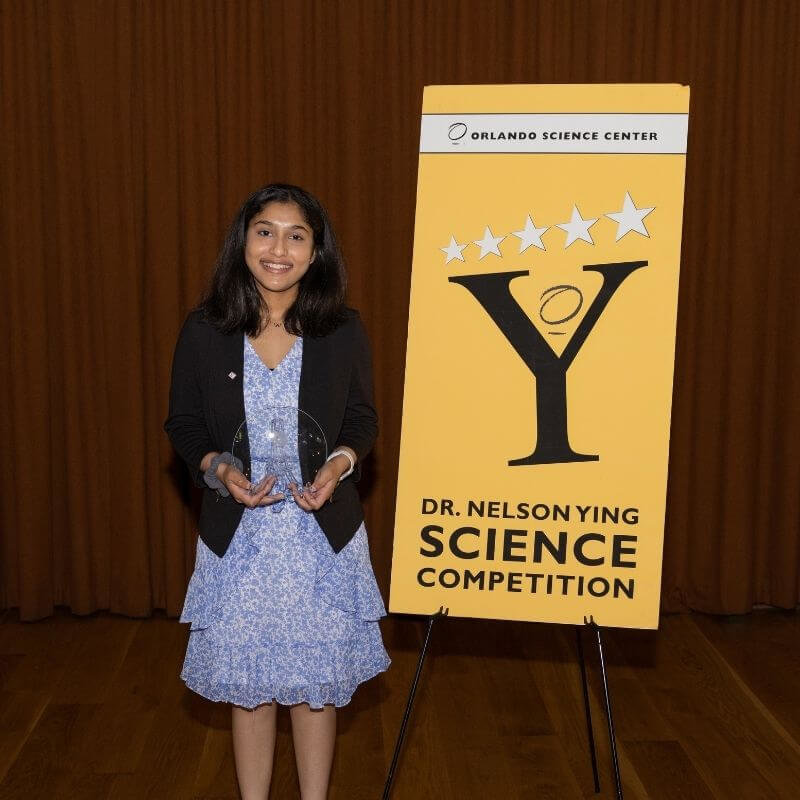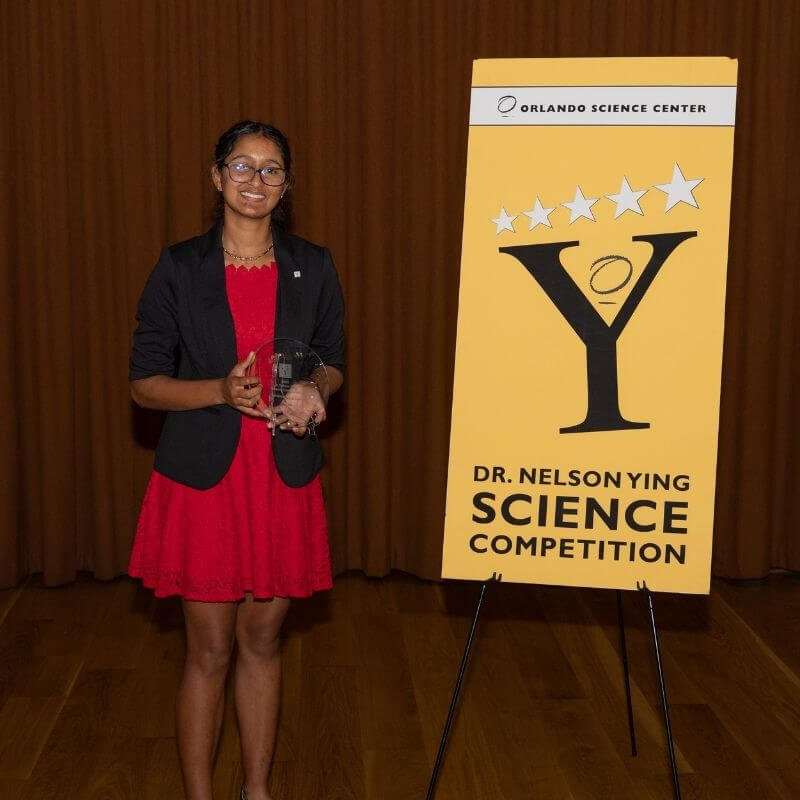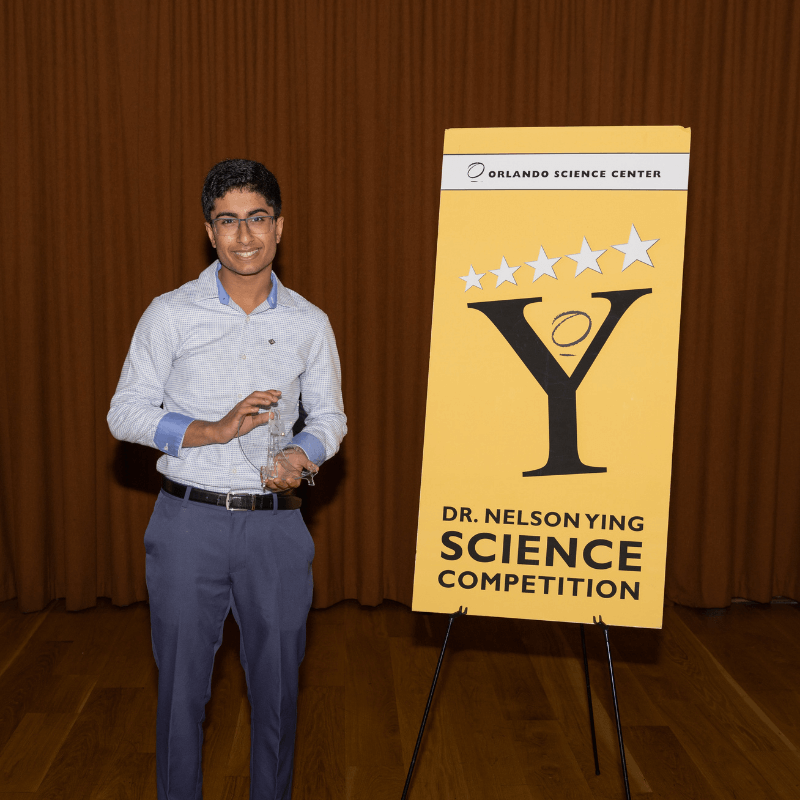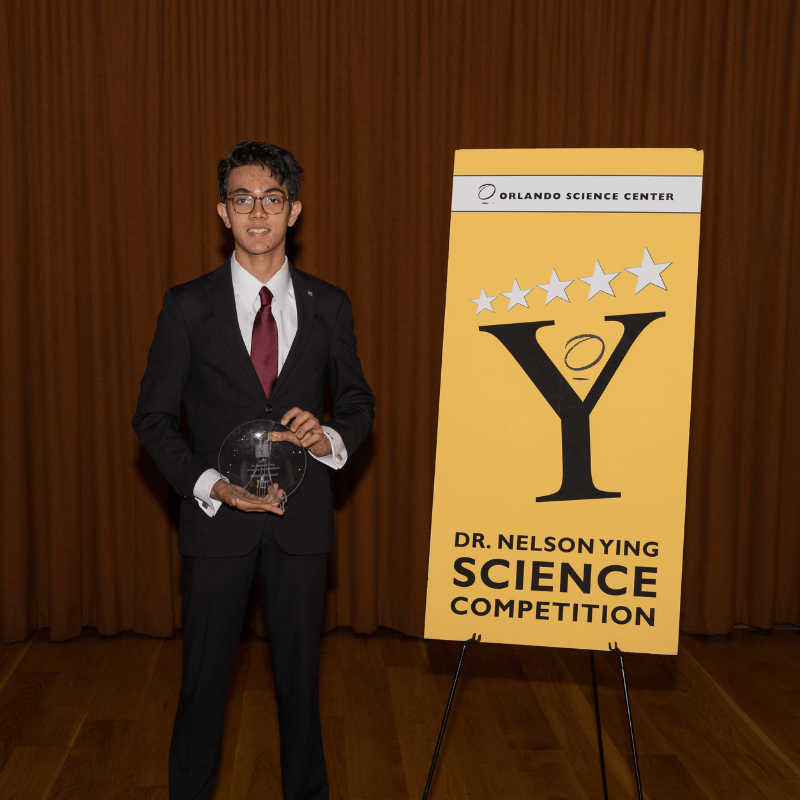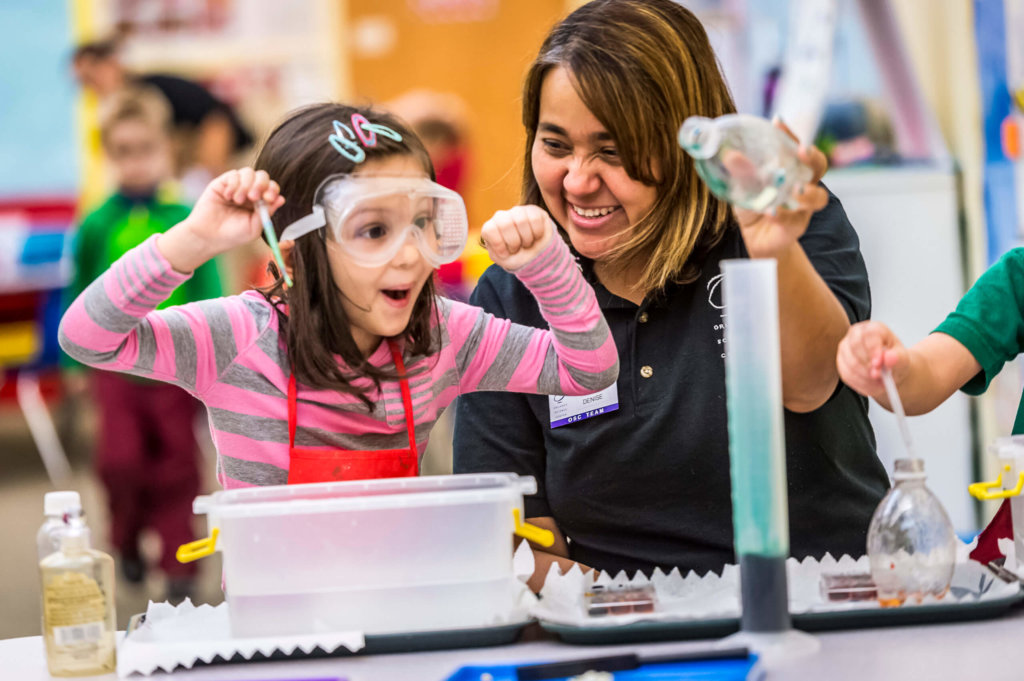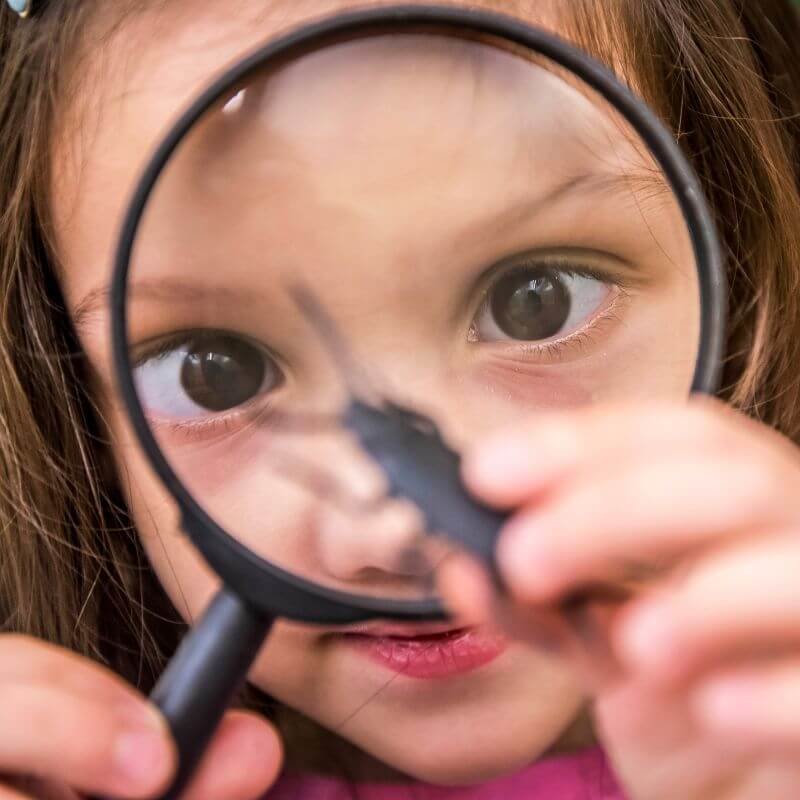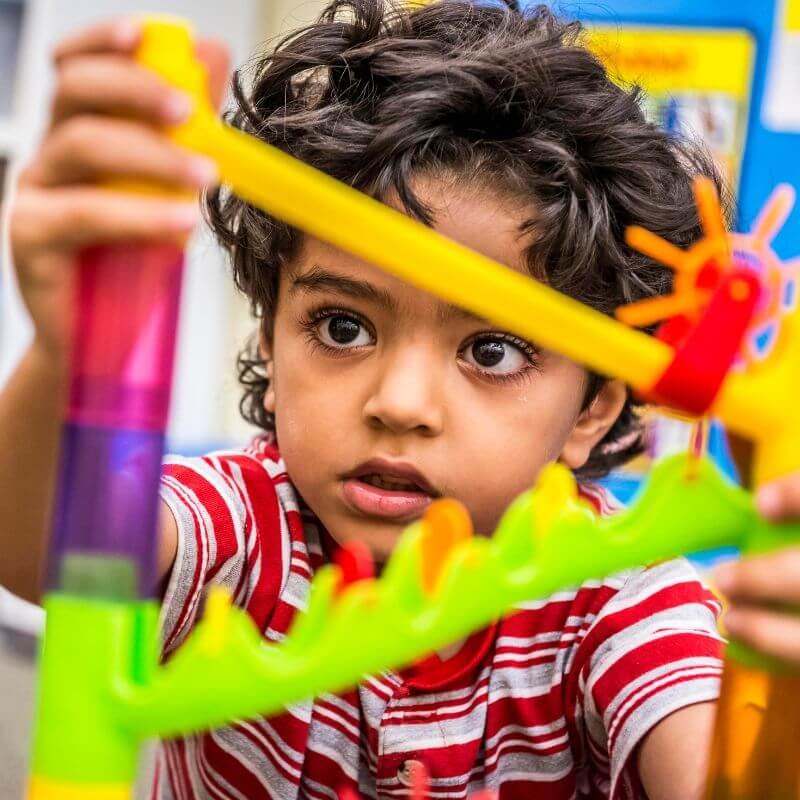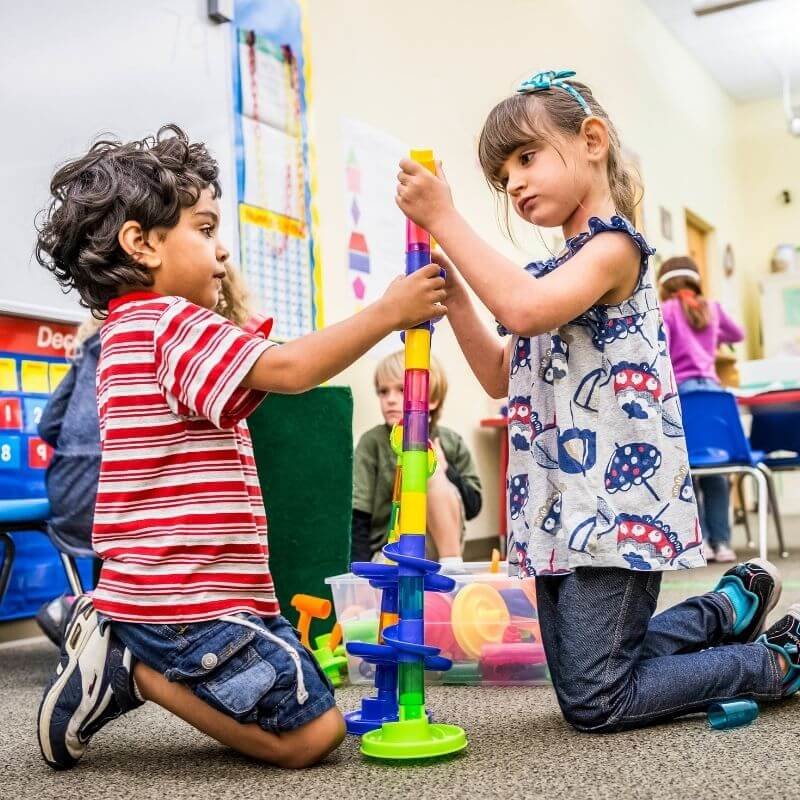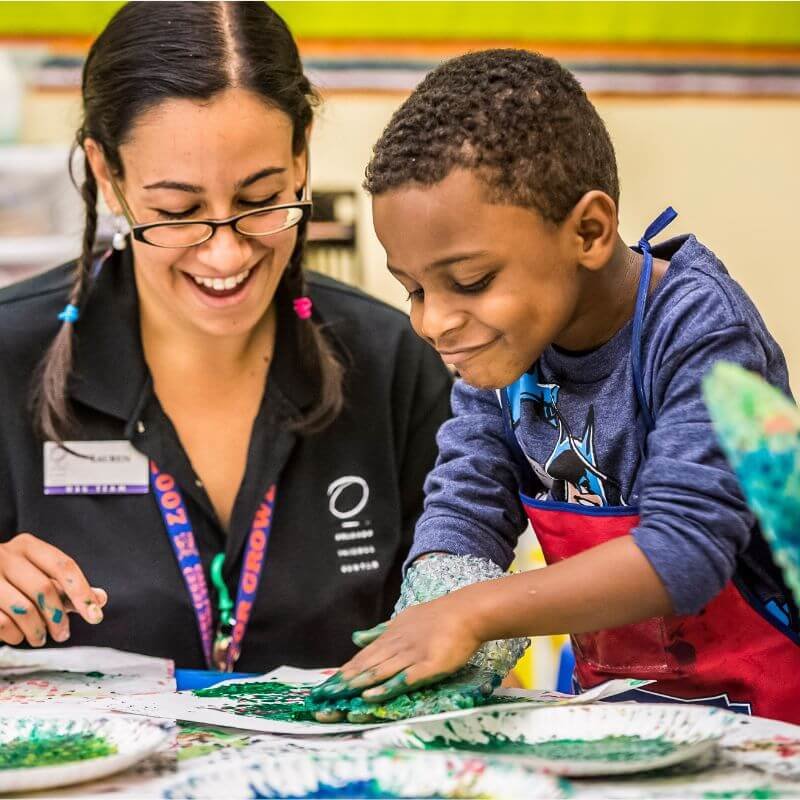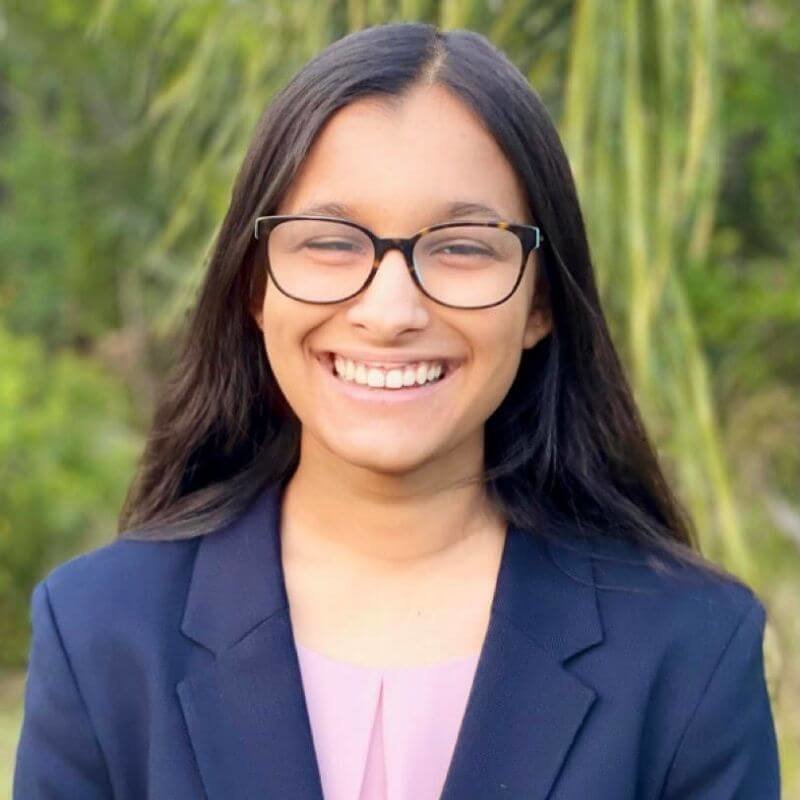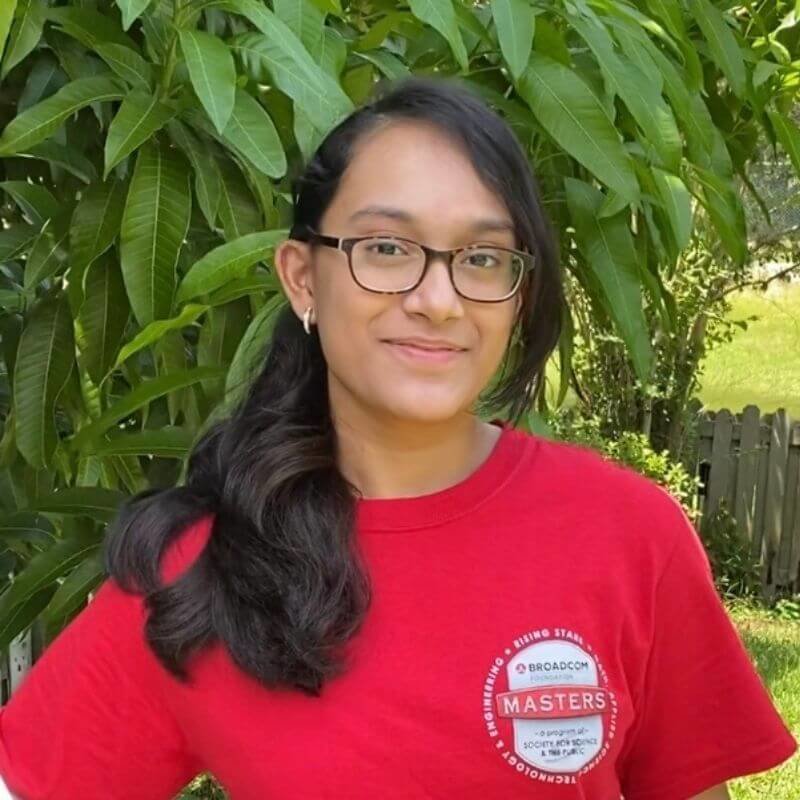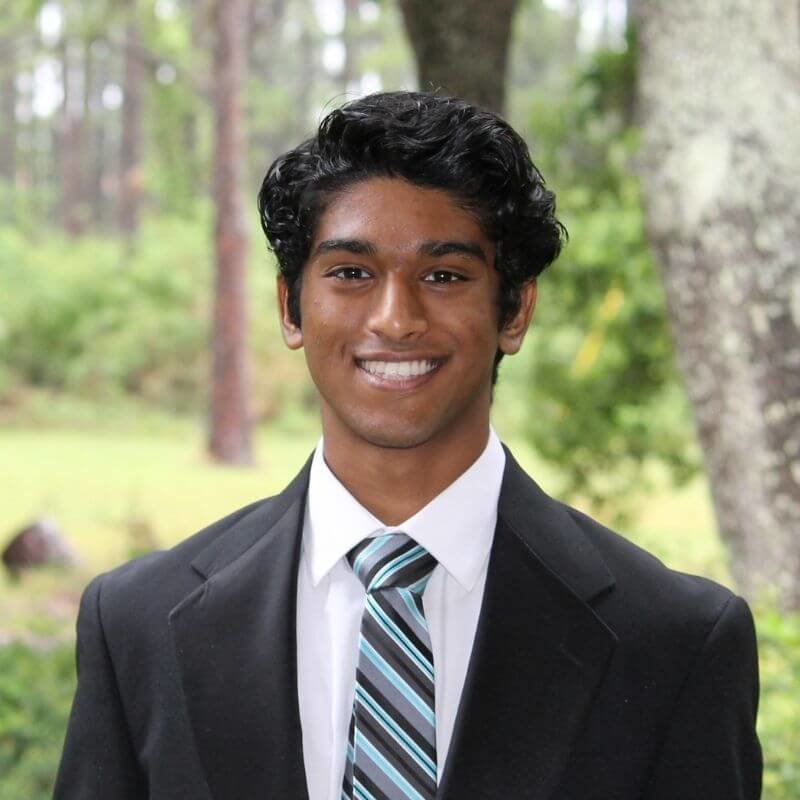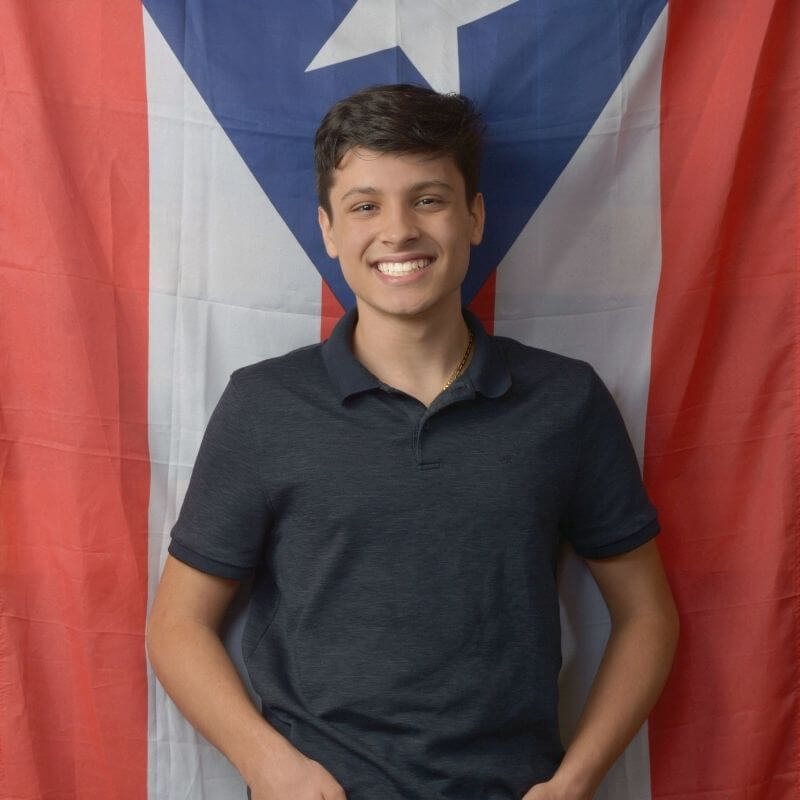NASA Scientist Phillip Hargrove Visits Local Orlando Parramore Kids Zone Students
It IS rocket science! Phillip Hargrove, an aerospace engineer and NASA scientist, paid a visit to local students participating in Orlando Science Center's new Neighborhood Science program during the Parramore Kids Zone at the Grand Avenue Neighborhood Center in Holden Heights.
This new initiative provides high-quality STEM education for multiple days each week in afterschool programs and community centers within underserved neighborhoods. From virtual reality, to engineering design challenges, 3D printing, and more, students have a unique opportunity to get hands-on with engaging STEM activities and learning opportunities. It is the bridge that connects these issues by offering opportunities focused on increasing confidence and interest in STEM concepts for youth in Central Florida.
With the help of our “neighbors” at NASA’s Kennedy Space Center, students got a special opportunity to meet and learn from an out-of-this-world guest speaker – Phillip Hargrove. Hargrove is an aerospace engineer in NASA’s Launch Services Program and worked on the trajectory team for the NASA Mars Perseverance Rover launch.
Leading up to the lesson, students got a lesson in rocket science! They learned about the science of space travel and what kind of rockets and satellites are used to journey through the solar system and beyond. Using these lessons, a little rocket science, and a lot of creativity, the Neighborhood Scientists got the opportunity to design and 3D print their own rockets.
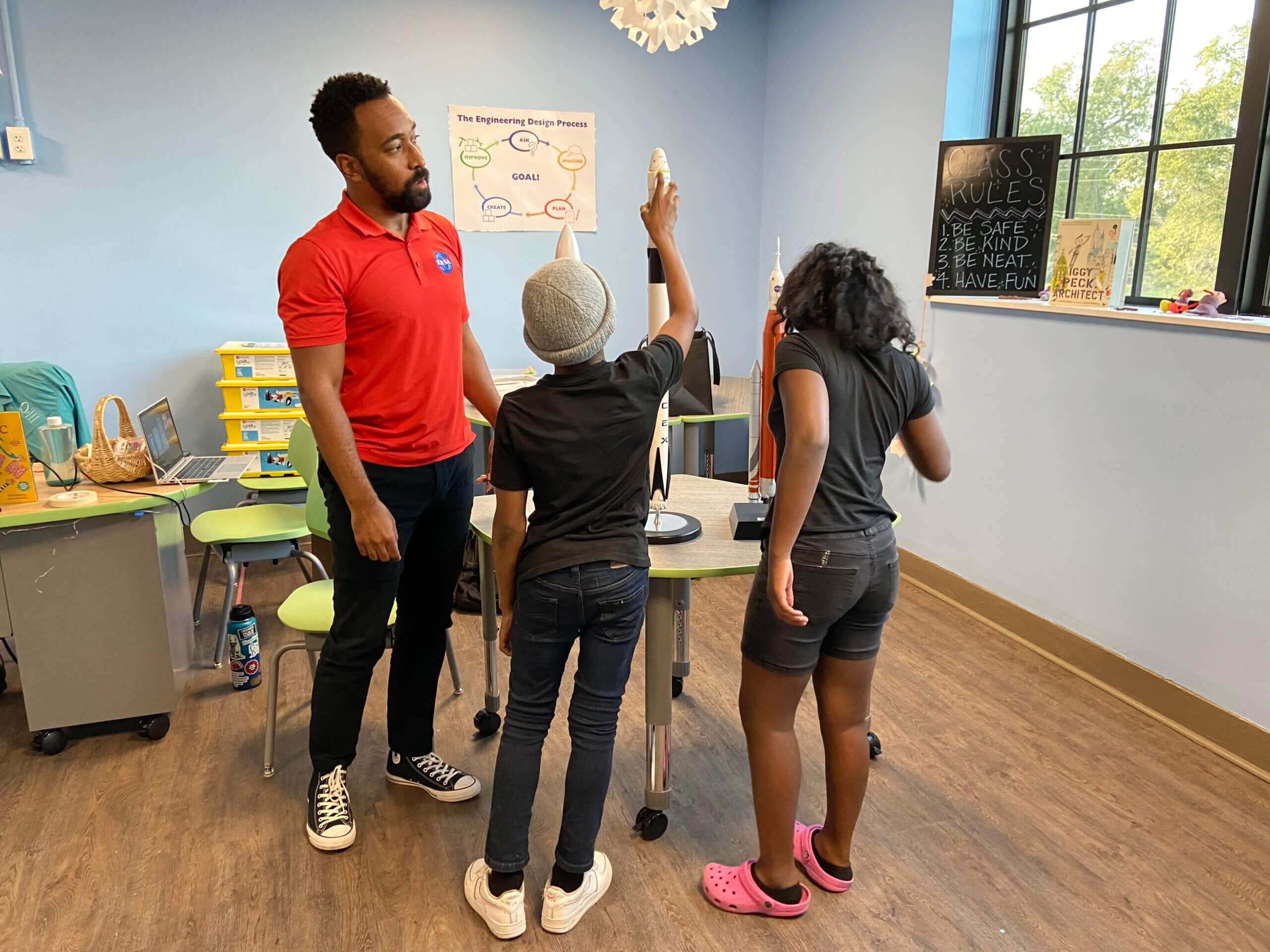
Last but certainly not least, the engineers-in-training got to put their designs to the test with some expert advice from Phillip Hargrove.
“By providing all children with an opportunity for inspiration and education, we begin a pipeline that runs from where they are to exciting careers,” said JoAnn Newman, President & CEO of Orlando Science Center. “Neighborhood Science will expand our impact throughout Central Florida as we create a STEM-centered community that paves the way for access and opportunities for all.”
